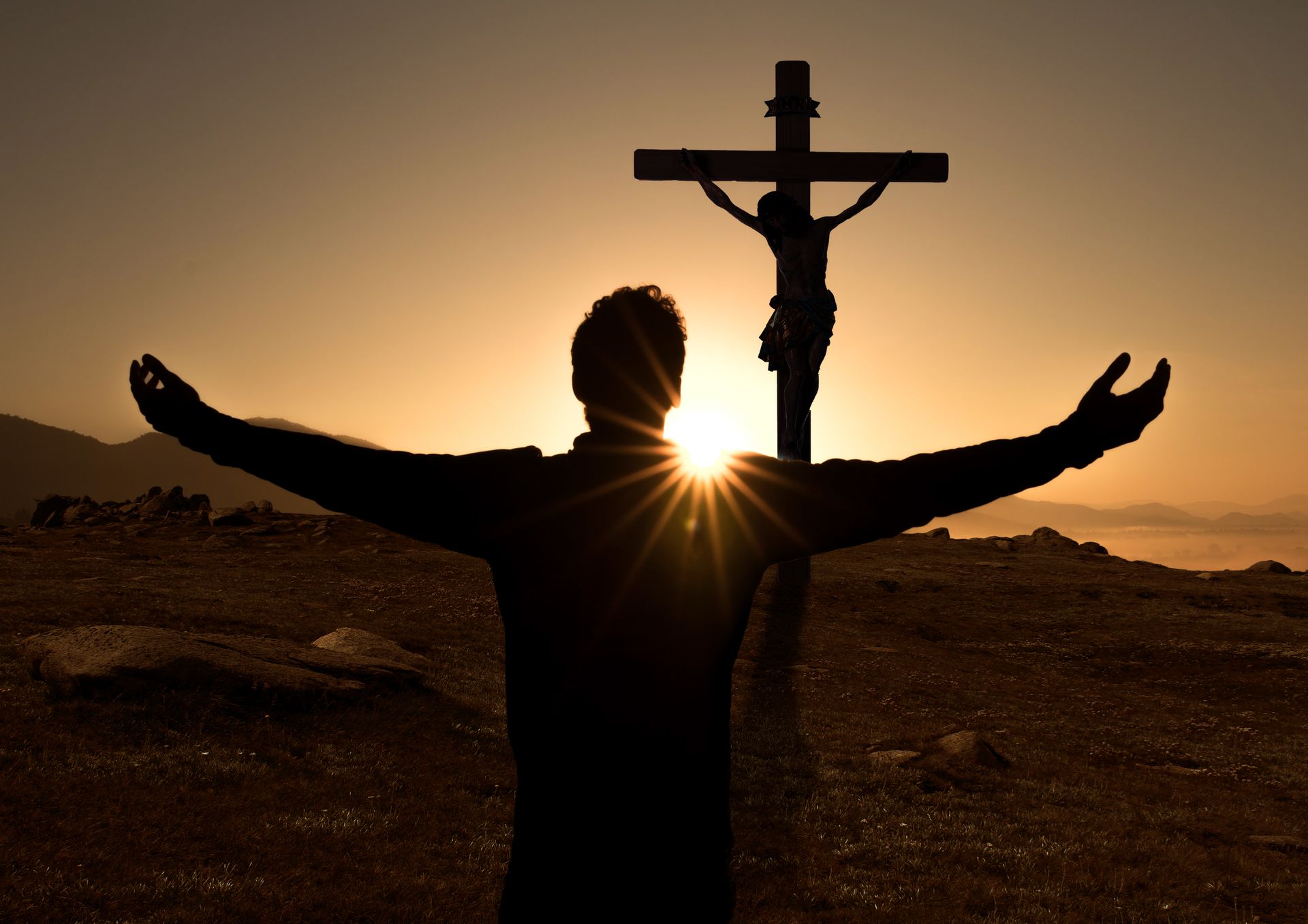Finding Satisfaction in God: The Divine Invitation of Isaiah 55
Affiliate Disclaimer: This blog post may contain product affiliate links. I may receive a commission at no extra cost if you make a purchase after clicking on one of these links.
Are you yearning to find satisfaction in God? There’s something about Isaiah 55:1 that stops me in my tracks every time I read it.
Maybe it’s because I’ve spent too many years chasing after things that didn’t satisfy. Maybe it’s because in God’s economy of grace, the invitation feels too good to be true compared to our pay-for-play world.
Here’s what God says through Isaiah:
“Come, all you who are thirsty, come to the waters; and you who have no money, come, buy and eat! Come, buy wine and milk without money and without cost.”
The first time I truly grasped the Isaiah 55:1 meaning, I laughed out loud. Buy without money? What kind of marketplace is this? It’s like walking into Whole Foods and finding a sign that says, “Everything free today—especially for those who are broke!” This is how God’s economy works, and it’s nothing like our own.
A Free Invitation of God That Defies Logic
I’ve been thinking about invitations lately. We get them all the time, don’t we? Sales emails promising discounts if we “act now.” Credit card offers guaranteeing rewards. Streaming services offering free trials before the inevitable monthly fees kick in.
But this free invitation of God in Isaiah stands apart. The urgency isn’t about limited supply or a ticking clock. It’s the urgency of love. God isn’t trying to make a profit—He’s trying to connect with souls experiencing spiritual thirst.
And that “Come!” isn’t whispered. It’s shouted three times. It reminds me of when Jesus stood up during the Feast and called out, “If anyone is thirsty, let him come to me and drink” (John 7:37). Not subtle. Not passive. But passionate and direct—the ultimate invitation to finding satisfaction in God.
What Is Your Spiritual Thirst Pointing To?
One time, during a brutal heat wave as a kid, I forgot my water bottle while outside. I wasn’t far from the house (I was mowing the yard with my push mower), and I wasn’t thinking about my work deadlines, my bank account, or the sermon I had to prepare for youth. I was thinking about one thing only: water.
Physical thirst cuts through the noise. It reveals what’s really essential.
Spiritual thirst Bible passages like this one work the same way. They expose our deepest needs. We try to satisfy our spiritual thirst with promotions, relationships, Netflix binges, or Instagram likes. But Isaiah calls us out: “Why spend money on what is not bread, and your labor on what does not satisfy?” (Isaiah 55:2).
Hard question. I’ve spent years chasing satisfaction in achievement and approval. Maybe you have too. The world says “drink this” or “buy that” or “become this,” and we’ll finally feel whole. But the thirst always returns, doesn’t it? That’s because true satisfaction—finding satisfaction in God—can’t be purchased at any price.
God’s Economy of Grace Goes Beyond Basics
What strikes me about Isaiah’s invitation is that in God’s economy of grace, He doesn’t just offer water. He offers wine and milk too.
Water? That’s survival. That’s what you need to make it through the day when spiritual thirst becomes overwhelming.
But wine? That’s celebration. That’s joy beyond mere existence.
And milk? That’s nourishment. That’s growth and development.
God isn’t interested in keeping us at subsistence level. Jesus put it perfectly: “I have come that they may have life, and have it to the full” (John 10:10). Not just surviving—thriving. This is the heart of finding satisfaction in God—it’s complete, not partial.
The Paradox That Changes Everything in God’s Economy
Here’s where things get wonderfully upside-down in God’s economy of grace: “without money and without cost.”
This completely shatters our economic assumptions. Nothing is free, right? We’re trained to look for the catch, the fine print, the hidden fees.
But God’s economy operates differently. It functions on grace rather than merit.
I remember trying to pay for dinner with a friend once, and he kept insisting, “Put your wallet away.” It was uncomfortable. I wanted to contribute. I didn’t want to feel indebted.
That’s how we often approach God.
We want to pay our way.
We want to earn it.
We want to deserve it.
But grace says: It’s already paid for. The Isaiah 55:1 meaning centers on this revolutionary concept—that the most valuable things can’t be purchased with money.
Jesus demonstrated this most clearly on the cross. As Tim Keller puts it, “We are more sinful and flawed than we ever dared believe, yet more loved and accepted than we ever dared hope.” Christ paid what we could not, making the free invitation of God possible.
Responding to Spiritual Thirst
So what do we do with this incredible invitation to finding satisfaction in God?
First, we have to admit our spiritual thirst. That’s harder than it sounds. Our culture celebrates self-sufficiency. Acknowledging need feels like failure.
Second, we come with empty hands. Not bringing our résumés or achievements or religious credits, but simply our need.
Finally, we drink deeply. Not just a polite sip, but a soul-satisfying gulp of grace from the waters Isaiah describes.
And then—this is where it gets beautiful—we become carriers of the invitation ourselves. “Freely you have received, freely give” (Matthew 10:8). We extend God’s economy of grace to others.
An Invitation That Remains Open
The invitation of Isaiah 55:1 wasn’t just for ancient Israelites in exile. It echoes throughout spiritual thirst Bible passages, reaching its crescendo in Jesus and extending to us today.
The final pages of the Bible circle back to it: “The Spirit and the bride say, ‘Come!’ And let him who hears say, ‘Come!’ Whoever is thirsty, let him come; and whoever wishes, let him take the free gift of the water of life” (Revelation 22:17).
That marketplace stand is still open. The vendor is still calling. The water, wine, and milk are still available—without money and without cost. This is God’s economy of grace in action.
The only question is: Will you come? Will you finally quench your spiritual thirst by finding satisfaction in God?
Have you experienced the freedom of God’s economy of grace? What “substitute satisfactions” have you found yourself chasing instead of finding satisfaction in God? I’d love to hear your thoughts in the comments below.
Get Inspired: Subscribe for Encouragement and Exclusive Content










